In the dynamic landscape of education, personalized learning platforms have emerged as transformative tools designed to cater to the unique needs, learning styles, and interests of students. This article delves into the concept of personalized learning platforms, their benefits, key features, implementation strategies, and their role in shaping the future of education.
Understanding Personalized Learning Platforms
Personalized learning platforms leverage technology to deliver customized educational experiences tailored to the individual needs of each student. Unlike traditional one-size-fits-all approaches, these platforms use data analytics, artificial intelligence (AI), and machine learning algorithms to adapt learning content, pace, and assessment methods based on student performance, preferences, and learning trajectories.
Benefits of Personalized Learning Platforms
- Customized Learning Paths: Students can progress through curriculum content at their own pace, filling gaps in knowledge and mastering concepts before moving on to new material, fostering deeper understanding and retention.
- Improved Engagement and Motivation: Personalized learning platforms offer interactive and engaging content, adaptive challenges, and real-time feedback, keeping students motivated and invested in their learning journey.
- Addressing Diverse Learning Needs: By catering to different learning styles, abilities, and interests, personalized platforms accommodate diverse student populations, including those with special educational needs or gifted abilities.
- Data-Driven Insights: Educators gain valuable insights into student progress, strengths, and areas needing improvement through data analytics, enabling targeted interventions and personalized support.
- Enhanced Collaboration and Communication: Many platforms facilitate communication between students, teachers, and parents, fostering a collaborative learning environment where feedback and support are readily accessible.
Key Features of Personalized Learning Platforms
- Adaptive Learning Paths: Algorithms adjust learning content and difficulty levels based on individual student performance and mastery of concepts.
- Interactive Content: Engaging multimedia resources, simulations, and interactive exercises enhance student interaction and comprehension.
- Real-Time Feedback: Immediate feedback on assessments and assignments allows students to track their progress and make adjustments to their learning strategies.
- Personalized Recommendations: Platforms recommend learning resources, activities, and study materials based on student preferences, strengths, and areas for improvement.
- Progress Tracking and Analytics: Comprehensive dashboards provide educators and administrators with insights into student performance trends, enabling informed decision-making and targeted interventions.
Implementation Strategies for Educators
- Needs Assessment: Conduct a thorough assessment of student needs, learning styles, and goals to tailor the platform’s customization effectively.
- Professional Development: Provide training and ongoing support for educators to effectively integrate personalized learning platforms into instructional practices and curriculum design.
- Data Privacy and Security: Ensure compliance with data privacy regulations and implement robust security measures to protect student information and maintain confidentiality.
- Continuous Evaluation and Improvement: Regularly assess the effectiveness of the platform through feedback loops, data analysis, and stakeholder input to refine and optimize personalized learning experiences.
The Future of Education with Personalized Learning Platforms
As technology continues to evolve, personalized learning platforms hold promise for transforming education by empowering students to take ownership of their learning, fostering a deeper understanding of concepts, and preparing them for success in a globally competitive world. By embracing innovation and leveraging data-driven insights, educators can create inclusive, engaging, and personalized educational experiences that meet the diverse needs of every learner.
Conclusion
Personalized learning platforms represent a paradigm shift in education, offering tailored learning experiences that cater to individual student needs, preferences, and learning trajectories. By harnessing the power of technology and data analytics, these platforms enhance engagement, motivation, and learning outcomes while promoting equity and inclusivity in education. As educators and institutions embrace personalized learning approaches, they pave the way for a more adaptive, effective, and student-centered educational ecosystem poised to shape the future of learning.




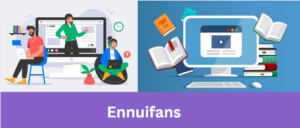
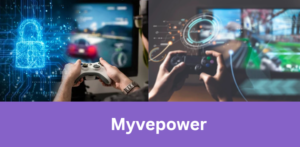
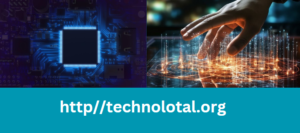
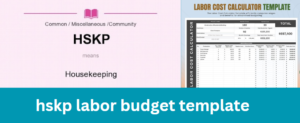


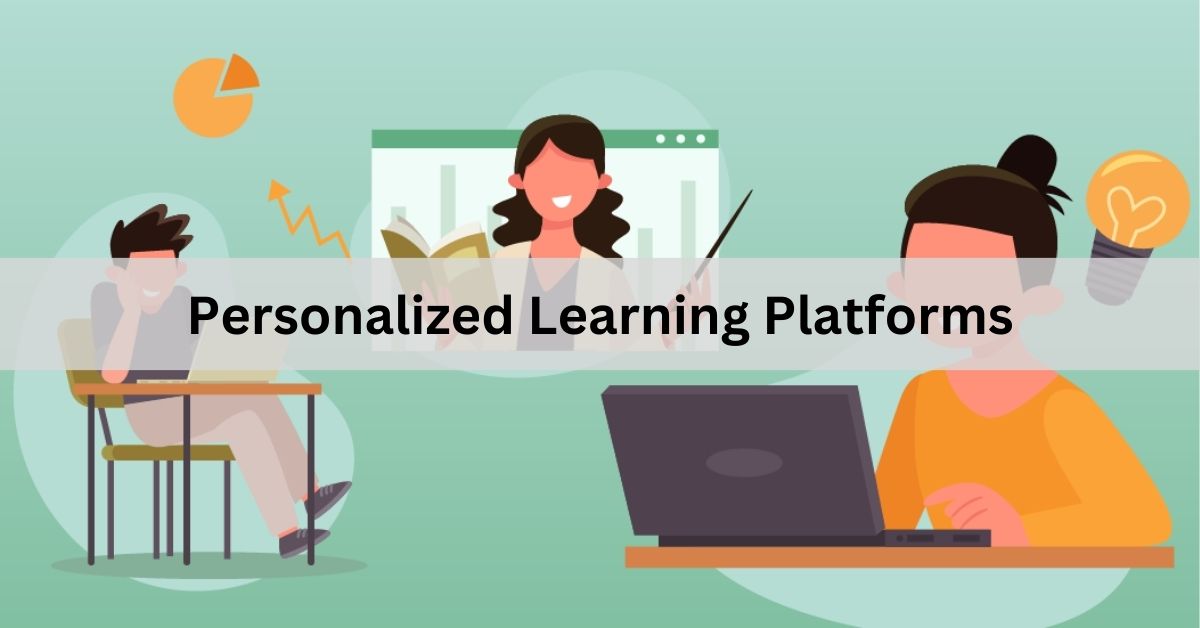
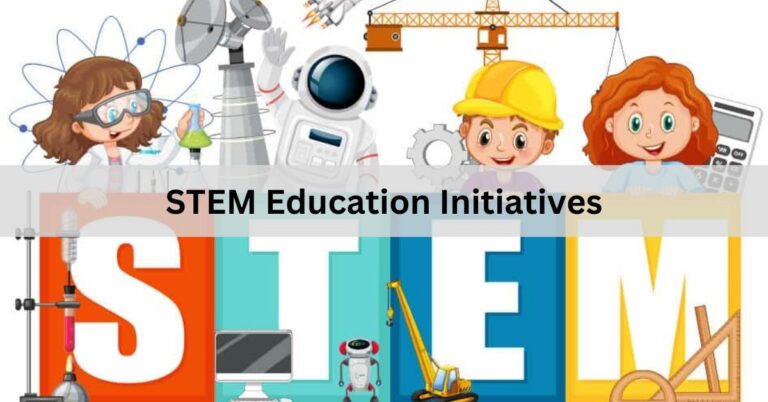

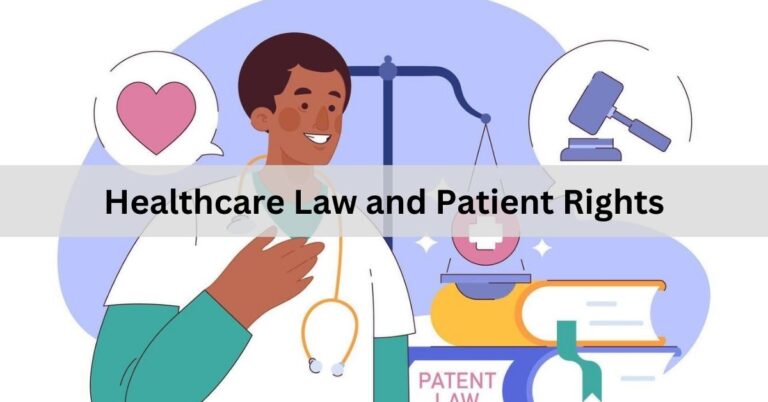

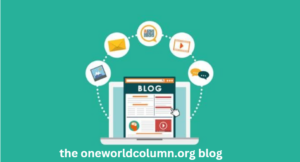
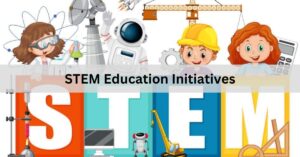




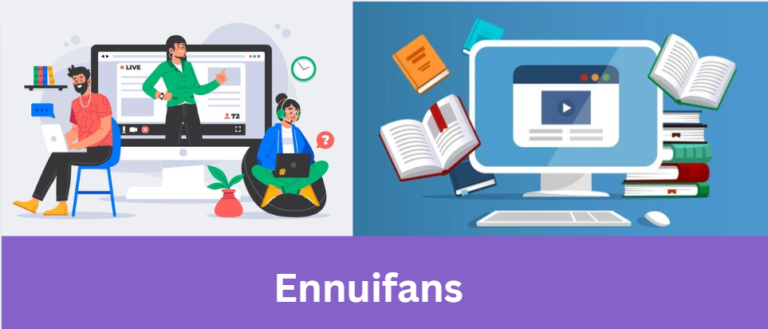
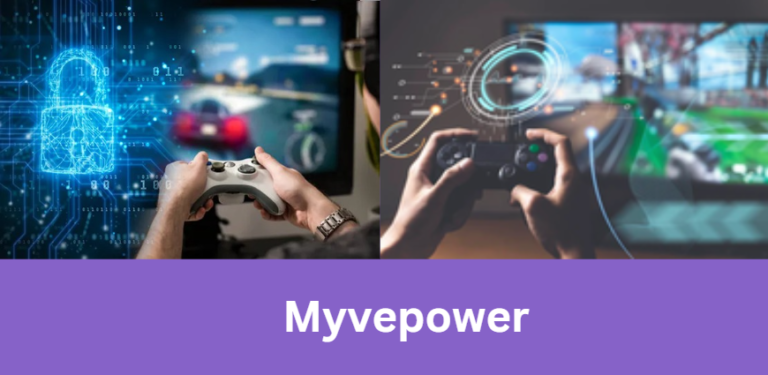
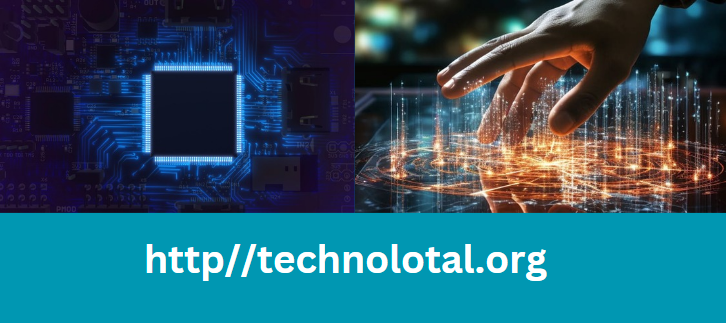
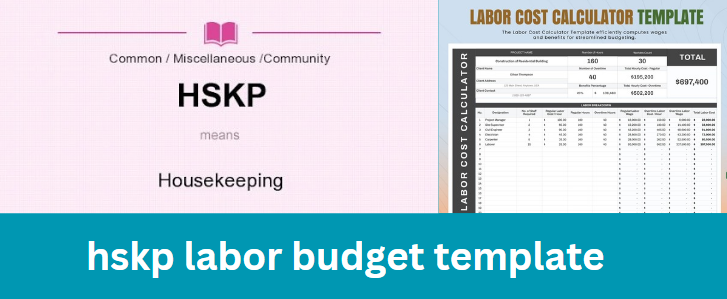
+ There are no comments
Add yours